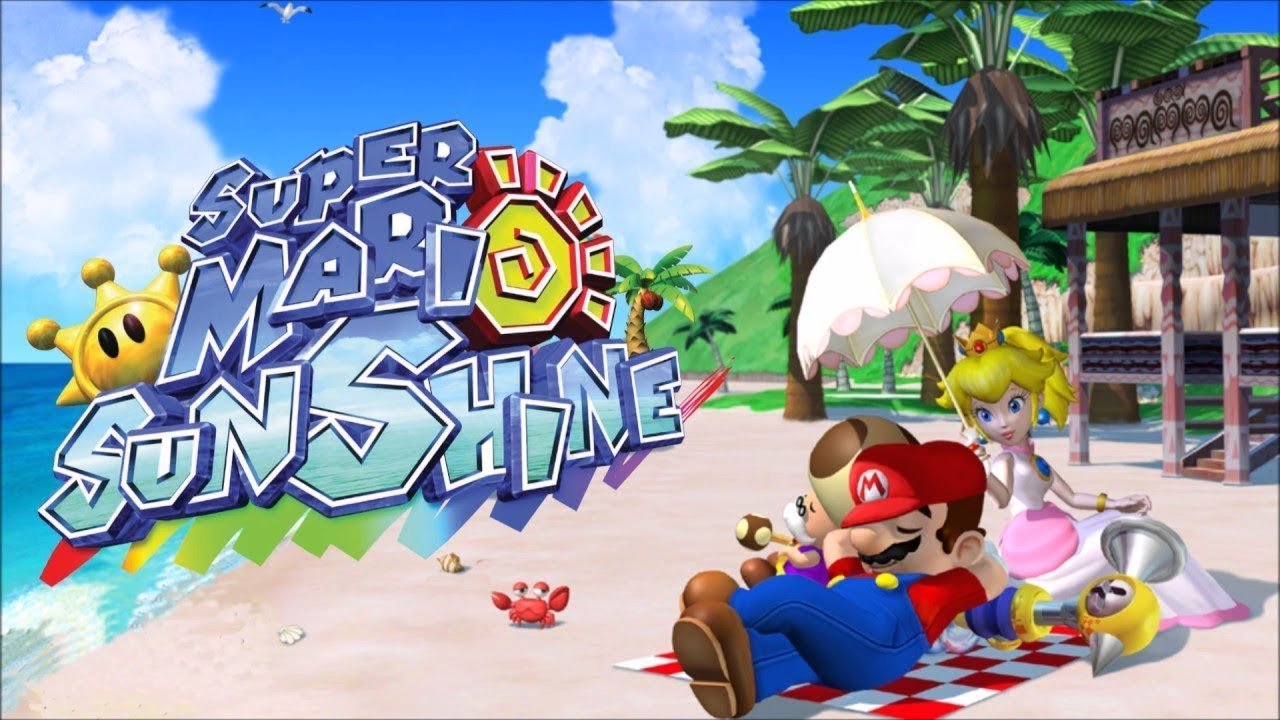Willa Rowe's Year Of Reviews In Review | Winter Spectacular 2022
On the 24th of May this year, I got my first job as a professional video games journalist. Five days earlier I completed a graduate journalism program and received a degree with a prestigious name on it as well as more debt than I care to think about. But I had this job and that is all that mattered to me.
Malenia thinks your writing needs some cutting.
I had spent the past year trying to write good games criticism under the watch of old men in suits with bylines at legacy institutions who struggle to understand the success of Elden Ring. All I wanted to do now that I had a real games journalism job was to write.
And write I have. As we near the end of the year I have written over three hundred articles, including twelve reviews. During that time, I learned a lot. Let’s review 2022, a year of reviews.
What’s The Point?
The first question that needs to be asked when trying to understand games criticism is “why do we write reviews?” If the answer seems obvious then I really want you to think about it. I think the idea is that game reviews are written as a way to inform readers about the quality of an upcoming game, which they can then use to guide their decision to purchase said game or not. In the chronically online world of today, where companies endlessly hype projects and it becomes a personality trait to like certain properties long before they are actually available, this argument no longer holds water. Most people don’t read reviews. Trust me, I have seen the numbers. It isn’t pretty.
I know you have made up your mind about whether you are going to play this already.
So why even write reviews? And who do we write them for?
I think a step in the right direction is to reframe the conversation. Reviews have a connotation of serving the consumer, like a buying guide, so let’s just refer to this as criticism. Which makes me a critic, and redefines my goals in writing. Now I have a responsibility to some nebulous definition of artistic integrity in the medium of video games. Instead of evaluating if a game is worth buying, I am looking to evaluate some greater cultural worth. The job of a critic becomes parsing how new games push forward or regress the medium as a whole.
The Importance Of Saying “Fuck ‘em”
Perhaps the most selfish tip I can give is to think of your audience as one person – yourself. You don’t need to please anyone with a review. You will please no one with your reviews. Everybody will have something negative to say about what you write in your criticism.
What if we only reviewed good games? That would be nice.
Those who have already decided to like a game will hate you for bringing its flaws to light, while those who have chosen to hate a game will deride you as a shill for praising it.
So, fuck 'em all!
Write what satisfies you. I am my own harshest critic anyways so if I can feel somewhat confident in the words I put on the page then that is the best I can hope for.
Kill Them With Kindness
This does raise the problem of how to go about writing this “good criticism” I am so obsessed with. If there is one piece of advice that everybody should take away from this it is that good criticism only happens if you meet the art where it wants to be.
If you haven’t read Harper Jay’s final piece of games critic you should fix that right now.
In the words of former journalist, Harper Jay “games criticism is a kindness”. We don’t review games maliciously, we do it because we want the medium to be better. This requires a good faith act on the critic's part, putting in the work to understand what a game thinks it is accomplishing.
In 2022 I tried to review a wide range of games, including some from genres I never regularly play. Doing this requires work. Games criticism is so much more than just playing something and writing an opinion on it. Good criticism requires the critic to make themselves as much of an expert as they can be on a subject, even if they previously knew nothing. How do you even begin to do this?
Research, Research, And More Research
Maybe not an exciting answer but a true one. Doing research before reviewing a game is integral to writing something worth reading. Is the game a sequel? Then you should take the time to play the original. Has this developer made other games? Play some of them! Is it inspired by certain films, television shows, books, or other video games? Try to experience all of them.
Some games have more inspirations than others.
Realistically you will not end up using half of the research you did in your final piece of criticism, but you will be writing from a place of knowledge that you didn't have before. While there are arguments that you can critique a piece of art in a vacuum, that isn’t entirely true. Art itself is not made in a vacuum. There are clear lineages in any art form, and games are no different. Even if we don’t have a clearly defined canon like you would find in mediums such as theatre or literature.
An extreme example of the importance of research is the first season of Tim Roger’s series “Action Button Reviews”. The first five multi-hour videos in season one represent a nearly incalculable amount of time spent playing and researching these games all in preparation for the series finale, a review of Cyberpunk 2077. None of these videos are separate, the first five act as the research phase of Rogers’s review of Cyberpunk, they give him the basis for understanding the game he is seeking to critique. That means ideally, we could all have over a year to prepare for a single piece of criticism.
Sadly, that just isn’t feasible. I think there are many reasons for this, but today I’m going to blame it all on one thing; review scores.
Death To The Review Score
I hate review scores because they are so unimportant to my criticism, yet all too important to everyone else. They are also, usually, a lie. I work within a ten-point scale, except it isn’t because no person in their right mind would dare give a game less than a five, which arguably should be the midpoint of any game.
On a totally unrelated note.
Mario: Sunshine has 92% on Metacritic.
Wait, what were talking about?
A five should mean that a game is fine; playable and enjoyable enough. Instead, it is seen as the kiss of death and a harsh rebuke of the material - With seven seen as a midpoint instead, and an eight can run the gamut from a fun time, to “this is one of my top ten games of the year.”
Everyone interprets the scale differently and makes arbitrary judgments on what any given score means. Which is the reason it is so frustrating to see my work reduced to this inaccurate number that is so very important to game publishers and audiences alike. Reducing a game to any score devalues the merits and flaws of every game. Selfishly I care more about how the score reduces my own hard work that I take pride in.
A Hint Of Sincerity And Gratitude
Despite the issues, I have tackled in this very article. I still love my job. And despite what some of my review scores may suggest, I love video games.
Y’know… Art and stuff…
As much as the end of the year is a time to look back, this is also a time to look forward. I am still hopeful for what the future brings for myself and the industry at large. There are some wonderful writers out there writing some incredible work. I hope to be considered one of them someday. I believe there is work to be done, but I’m not afraid to stick with it and push that change along.
My official job title is “video game news writer”, and when people ask what I do I say I am a games journalist. However, this isn’t how I think of myself. What I want to say is that I am a games critic or an art critic that covers video games. So, let’s start with that; Let’s make 2023 the year of the critic.
Willa Rowe is a queer games journalist critic based in New York. You can read her work at Inverse or listen to it on the Girl Mode podcast. When she isn’t working on her next article, she is probably talking about old RPGs on Twitter @thewilarowe.














![Willa Rowe Wants To Keep The Memory of NieR Re[in]carnation Alive | Winter Spectacular 2024](https://images.squarespace-cdn.com/content/v1/5caf2dea93a63238c9069ba4/1734970908559-A1PSHH0BFXZPPTRU2JA9/rowe+nier+hed.png)